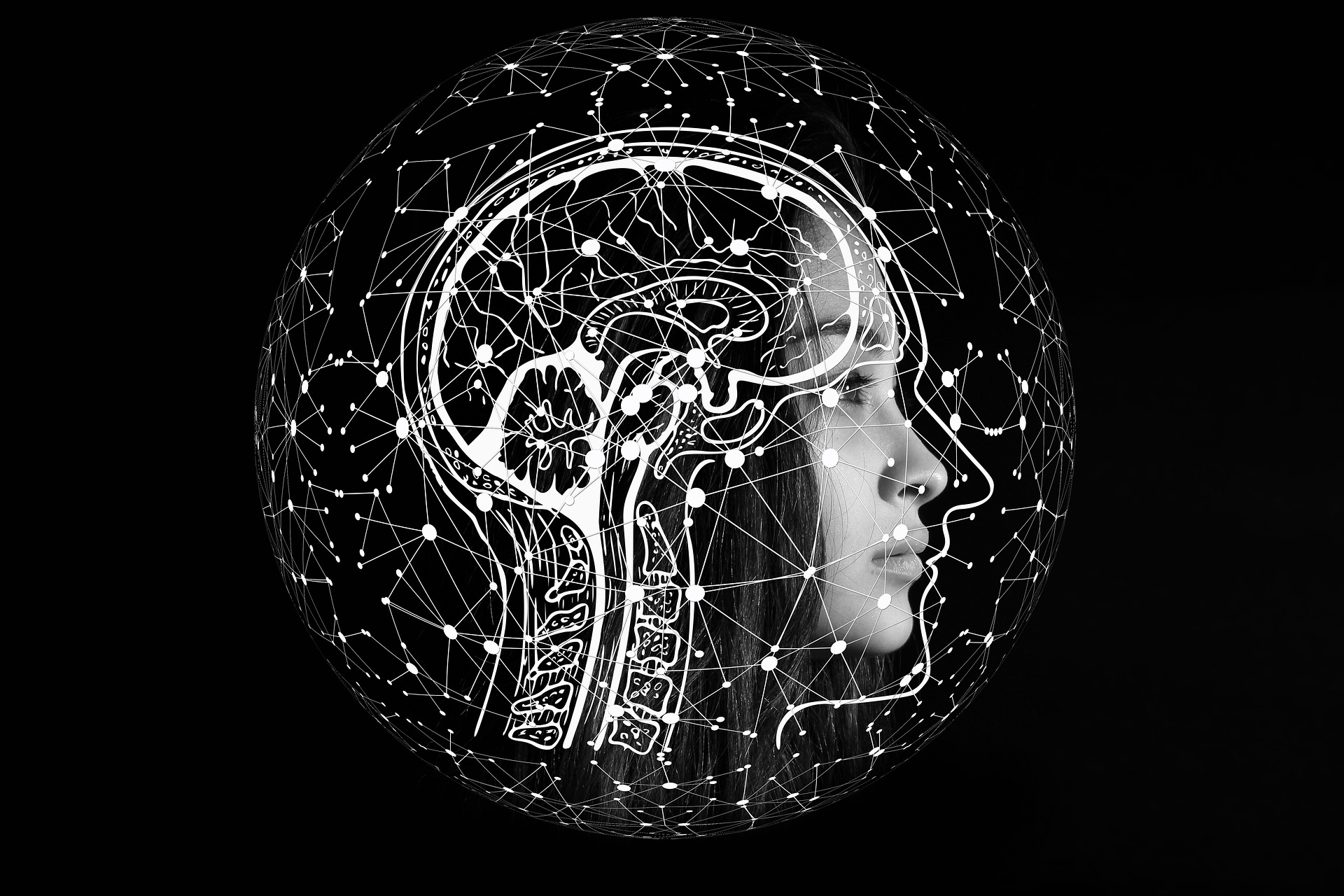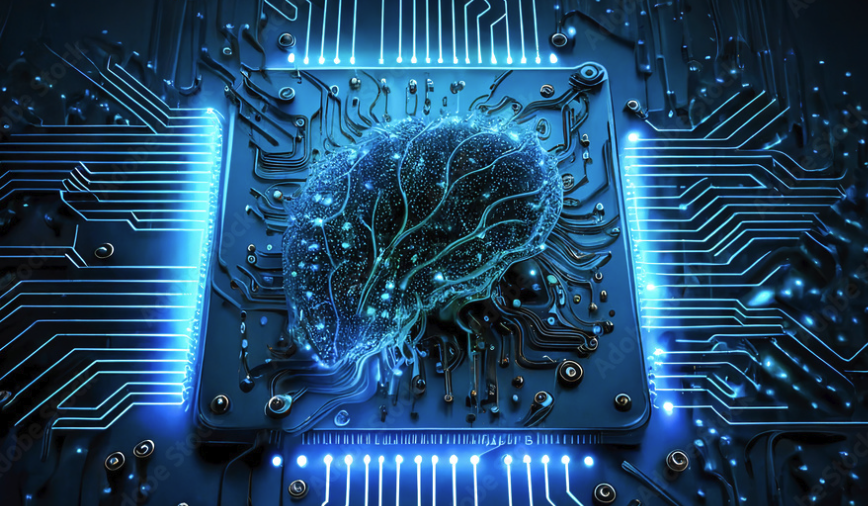As a Front-end Developer we should know how AI help in Front-end development. At its core, AI refers to the development of intelligent systems (called models) that can analyze data, learn from it, and make decisions based on patterns and insights. In the context of Front-end development, AI can be leveraged to optimize various aspects of web design and the user experience, ultimately leading to better performance and increased user satisfaction.
Understanding AI in Front-end Development: As a Front-end developer, you may have heard about Artificial Intelligence (AI) and its potential impact on user interfaces (UI) and user experience (UX). But what exactly is AI?
AI refers to the development of computer systems that can perform tasks that would otherwise require human intelligence. This includes tasks such as problem-solving, natural language processing, and pattern recognition. In the context of Front-end development, AI can be applied to improve user interfaces and interactions.
One of the most significant applications of AI in Front-end development is personalizing the user experience. AI algorithms analyze user data like browsing history and search queries to make product recommendations, suggest content, and customize user interfaces based on individual preferences. AI enhances accessibility by identifying potential issues and proposing improvements for website designs to cater to users with disabilities.
Additionally, In web development, numerous cumbersome tasks are often repetitive, such as setting up the initial code base, selecting suitable libraries, checking module compatibility, and rewriting similar snippets repeatedly. Additionally, converting code from one technology to another (e.g., JavaScript to TypeScript) can be time-consuming. Fortunately, AI can swiftly address these challenges by automating repetitive tasks, generating code snippets, and providing intelligent suggestions. This streamlines the development process, allowing developers to concentrate on creative aspects.
AI Tools for Front-end Developers: As AI continues to grow in popularity in the tech industry, new tools are emerging to help Front-end developers take advantage of AI technologies. These tools can assist in automating repetitive tasks, analyzing large amounts of data, and improving the user experience. Below are some of the top AI tools available for Front-end developers:
TensorFlow.js: TensorFlow.js is a JavaScript library for training and deploying machine learning models in the web browser and in Node.js.
Babylon.js: A framework for building 3D games and applications using AI-powered graphics.
Dialogflow: A natural language processing platform that can be integrated into chatbots and voice assistants.
Algorithmia: A marketplace for AI algorithms that can be used for data analysis and other tasks.
Figma: A design tool with AI features that can help with layout, typography, and iconography.
These tools can help Front-end developers streamline their workflows, improve the user experience, and stay ahead of the curve in the rapidly evolving tech industry.
AI Technology for Front-end Development – Artificial Intelligence (AI) technology has enabled Front-end developers to enhance the user interface (UI) and user experience (UX) design of web applications. Machine learning, natural language processing, and other AI techniques are used to improve the functionality and usability of web applications.
Other AI technologies used in Front-end development include Computer Vision, which allows web applications to interpret and understand digital images, and Sentiment Analysis, which analyzes the emotions and sentiments of written or spoken text.
AI Boosting Functionality and Interactivity:
Chatbots and virtual assistants: AI can power interactive chatbots for customer support, information delivery, and personalized website navigation.
Voice user interfaces (VUIs): AI enables voice-controlled web applications, offering new avenues for user interaction and accessibility.
Image and video recognition: AI-powered image and video recognition can be integrated into websites for various purposes, like product recommendations based on user interaction with visuals, or automatic image optimization for faster loading.
Predictive search and content recommendations: AI-driven search engines and content recommendation systems can provide users with personalized and relevant results, improving user engagement and conversion rates.
Conclusion: AI has the potential to transform the way we approach Front-end development. By leveraging AI algorithms and technologies, Front-end developers can enhance the user experience, create more personalized, faster coding, customer behavior analysis accessible, recommendation systems, data analysis, AI research, quality assurance and user interfaces in significantly less time.
While AI offers numerous benefits, it is not without its challenges and limitations. Developers must be mindful of ethical considerations, data privacy, and the steep learning curve associated with implementing AI. However, by acquiring the necessary skills and staying up-to-date with the latest tools and frameworks, developers can embrace the potential of AI and create even more engaging and innovative user interfaces.











